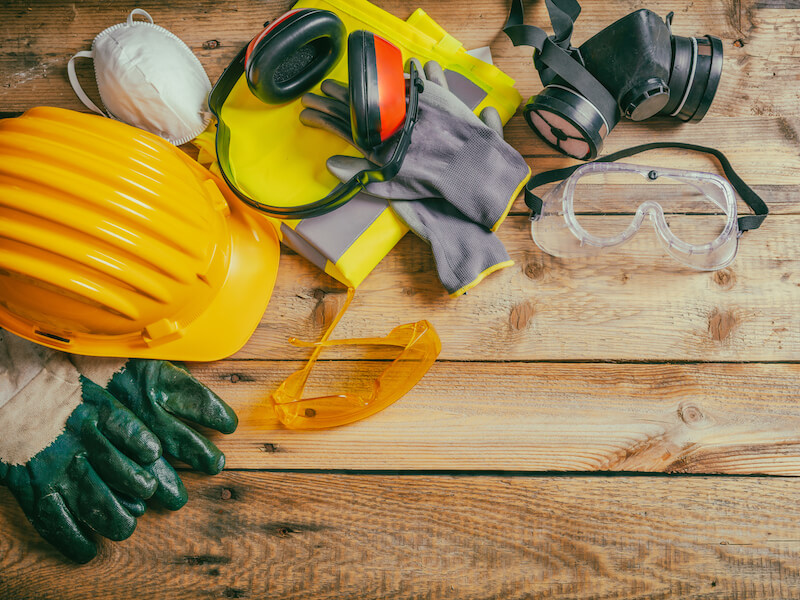Each year, about 2 million workplace injuries are reported. Typically, we think of a hand caught in a piece of machinery or a flying projectile when we consider work-related injuries.
But the most common workplace injury is a lot more pernicious and commonly goes unreported. It sneaks up on people extremely slowly over the course of several years. The injury goes undetected until the effects become impossible to overlook. People typically make excuses. “It will go away” or “I’m just getting older. This response is normal.
And it’s unusual for people to even recognize that their workplace is responsible for this injury.
Damaged hearing is this insidious injury. There are numerous warning signs you should recognize, and there are important steps you need to take if you believe the damage is already done.
How Loud is Too Loud?
Regular exposure to sounds louder than 85 decibels (dB) can cause permanent damage to your hearing. For reference, a vacuum runs at around 75 decibels dB. A lawnmower generates 85 dB. If you’re exposed to a leaf blower or a chainsaw you’re dealing with 100 dB. And the volume of a gunshot comes in at 140 dB.
How loud is your workplace? Are you being exposed to the most common workplace injury? If you’re frequently exposed to something as loud as a lawnmower, even if it’s not constant, your hearing can become damaged over time.
Hearing Damage Signs
You’re absolutely damaging your hearing if you work in a loud environment without hearing protection.
What follows is are early warning signs that you’re dealing with hearing loss:
- Your family and friends tell you your TV, radio, or computer tablet volume is too loud.
- You hear ringing, hissing, or whistling when it should be quiet.
- You can’t understand the person speaking if there’s background sound.
- When you speak with people you always believe they are mumbling
- When people speak, you tend withdraw.
- consonants get confused – “Todd” sounds like “Dodd,” for instance.
- Conversations sound muffled.
- You regularly ask people to repeat themselves when they talk.
- You feel pain when you hear loud noises.
How is Hearing Damage Being Addressed by Employers?
In settings that are extremely loud, technology is being used by businesses or organizations to reduce workplace noise. Government agencies are working to modify guidelines that will reduce workplace noise and protect employees.
Employees are speaking out as they become mindful of the chronic damage that workplace noise is causing. Further change will come as their voices are heard.
Preventing Additional Damage
If you work in a noisy setting, the smartest thing you can do is protect your ears before any damage occurs. Using protective earmuffs or earplugs while at work will help reduce potential damage.
If you think your hearing has been injured by a noisy workplace, make an appointment for a hearing exam as soon as possible. When you ascertain the level of your hearing loss, you will find out how to prevent further damage going forward. We address any hearing damage you’re already experiencing and develop strategies to help you prevent any further damage.




